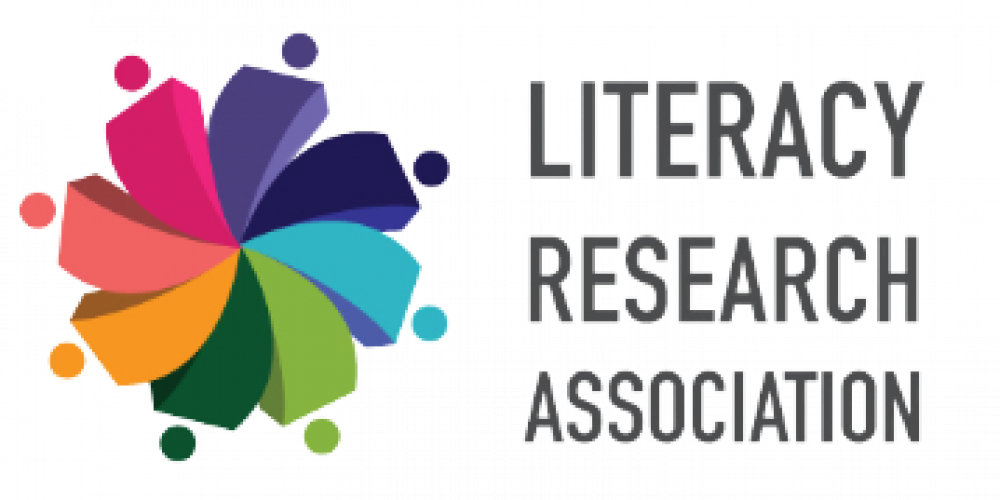LAGRANGE, Ga., April 20, 2021 /PRNewswire/ — The Literacy Research Association has released a Literacy Research Report entitled, An Examination of Dyslexia Research and Instruction. The report is a response to growing national attention to the term dyslexia both in the media and in state legislatures. It summarizes, in plain language, the current state of dyslexia-related research to assist policy-makers, educators, parents, advocacy groups and others in their decision-making.
Dyslexia is the currently popular explanation for the fact that some children experience much more difficulty than others in becoming literate. The explanation hypothesizes a neurological difference that also confers a range of benefits and necessitates intensive phonics instruction.
Recently, advocates of this narrative have merged with those arguing that intensive phonics is the solution to all literacy problems, that science has spoken, and that legislation should enforce “the science of reading.” However, many leaders in the scientific community are concerned that these advocacy efforts do not accurately represent the scientific knowledge base and that it is, therefore, important to broaden opportunities for those in decision-making roles to learn about the scientific evidence. To that end, the Literacy Research Association requested members with relevant expertise to develop a comprehensive, accessible summary of existing research and theory to serve as a resource for the array of individuals and organizations involved in decision- and policy-making related to literacy learning difficulties.
An Examination of Dyslexia Research and Instruction examines the research basis for the dyslexia/intensive phonics narratives and the support for legislative actions. It concludes that, among many other things; a) there is no consistent, diagnostically useful definition of dyslexia, affecting not only any practical use of the term, but also interpretation of any related research, b) despite popular belief, arguments for intensive phonics instruction, both associated with dyslexia and not, are not reflective of the available research, and c) there is no evidence for the hypothesized associated benefits. The report ends with guidance for policy- and other decision-makers.
Co-authors of An Examination of Dyslexia Research and Instruction are Peter Johnston and Donna Scanlon, who are professors emeriti at the University at Albany, each with distinguished careers in literacy research.
“As the premiere literacy research organization, it is LRA’s responsibility to share unbiased research reviews with educational decision-makers, including policy-makers, educators, parents and advocacy groups to help them make informed decisions,” observed LRA President Gwendolyn Thompson McMillon, professor of literacy at Oakland University in Rochester, Michigan.
LRA is a non-profit professional organization with 1800+ members who share an interest in advancing literacy theory, research, and practice.


